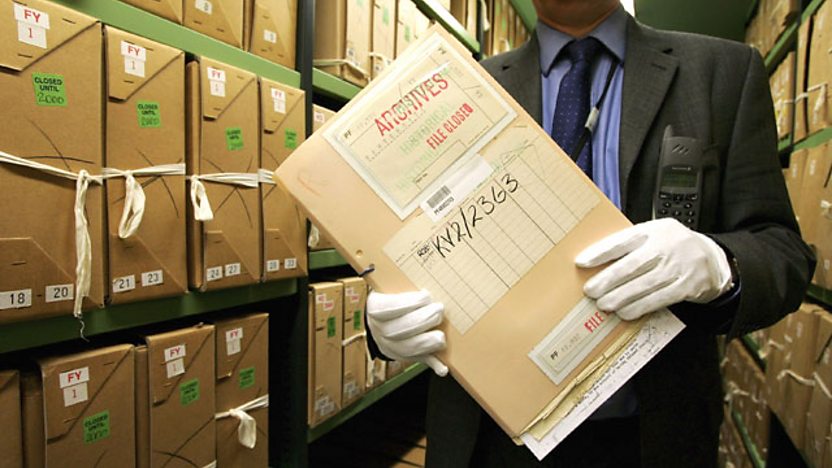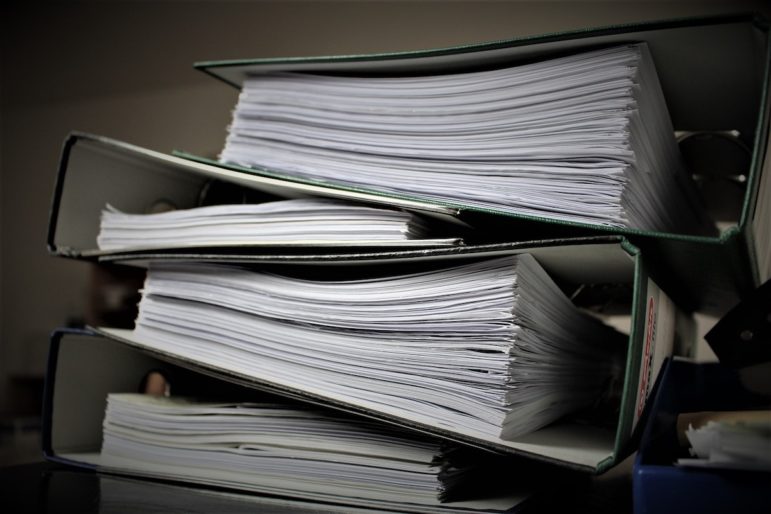- Have any questions?
- [email protected]
Basic tips for effective Freedom Of Information (FOI) Request

Proposed 2021 Budgets of all States in Nigeria
19 February 2021
Problems of local governments in Nigeria and the proffered solutions
19 February 2021Access to government records is critical to understanding official policies and government decision-making processes, such as budgeting and allocation.
Having access to public records or information is not just a vital information source for journalists who intend to follow up a particular story. It is equally important for every citizen who deems it necessary to hold the government accountable and ensure good governance. Government records provide genuine information about a government agency or office’s activities without any gatekeeping process to filter the contents.

In this article, we will briefly discuss the effective way to get access to public records and document using the Freedom of Information Act (FOIA)
But before then, what is the Freedom of Information Act?
The Freedom of Information Act (FOIA) is an Act that gives an individual, group or organisation the right to have to access public information from Government Agencies, Ministries, Private and Public sector organisations providing public services, etc.

President Goodluck Jonathan signed into law on 28th May 2011, after a prolonged legislative debate. The bill was signed to enable citizen access to government records and information, to ensure transparency and accountability.
The philosophy behind the Freedom of Information is that public servants are in the care of public trust on behalf of the masses who have the right to know about their activities.

Who can request under the FOIA?
The law grants any individual, group or organisation the right to request information without expressing any particular interest in the requested information.
How is an FOIA request made?
To access public information using the FOIA, a request can be made in written form either through a letter or electronic mail, orally or through the third party for persons with disability or other challenges. The letter or mail content should clearly describe the information sought for and the prefered mode of response.

However, to get a successful FOI request, the following are the necessary steps:
- Start Your Research
FOI request mustn’t usually be the first thing to during information need; it is a last resort tool. FOI requests are used for records that are not publicly available. Hence, before making a request, you should research to know the type of document needed, the agencies such documents are likely to be, and determine if the information is already in the public domain.
Some government information is often made available to the public either online or the national library’s national archives. Research is therefore needed to determine the availability of the required information. Research would also help you get familiarised with the nature of the information required and other essential and related events and issues.
- Search for Public Records
Some government agencies make certain documents available. Having researched to know the availability of documents needed online or in libraries, the next step is to search for the research to confirm availability and acquire for use without FOI request.
However, if the document needed is not available, one can then prepare an FOI request to the agency or commission involved.
(Visit https://ymonitor.org/request-guide/to get the request guide & a sample letter)
It is pertinent to note that anyone making a request is not obliged to make any payment except standard charges where the requested document needs to be duplicated or transcribed.

Requested documents are to be made available seven days after the request. However, the public institution may extend to another seven days if the requested record is extensive or if consultations would be made for due compliance.
